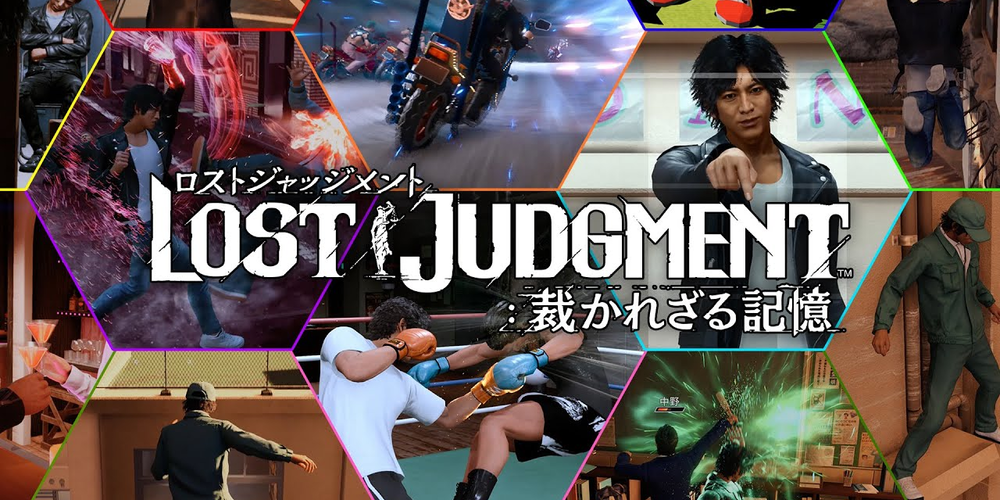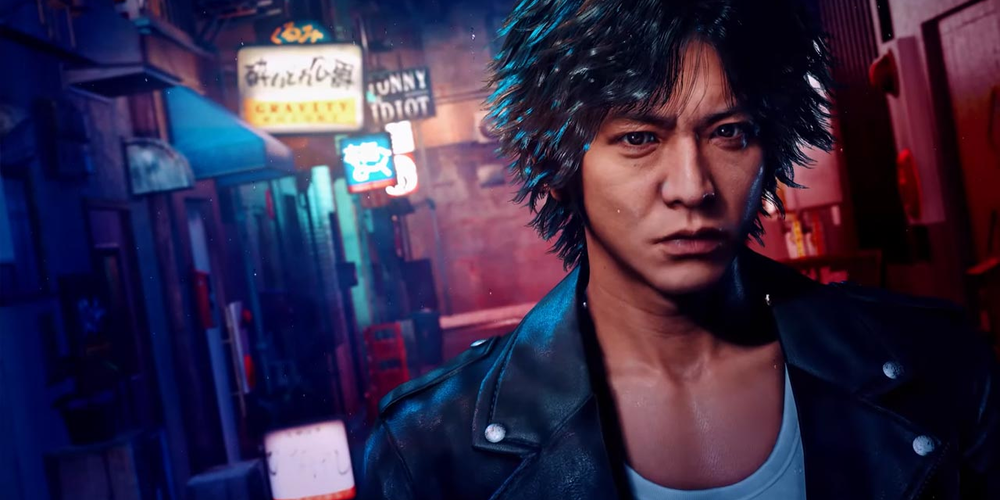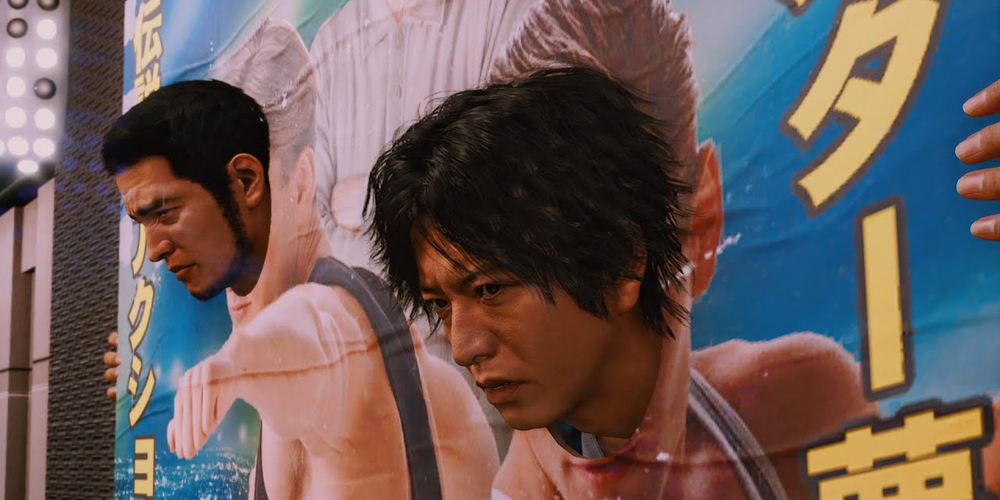Navigating Shadows and Neon Lights: The Dichotomy of Lost Judgment
- 1009

The latest addition to the Yakuza universe, Lost Judgment, ventures back into the vibrant and chaotic streets of Kamurocho and introduces players to the sprawling bustle of Yokohama’s Isezaki Ijincho. This foray embarks on an action-packed journey with Takayuki Yagami at the helm, casting an intriguing light on the blend of crime-solving and brawling that has captivated fans. However, despite its rich gameplay and immersive world, the game's narrative ambition stumbles over darker themes, struggling to balance its tone between exhilarating entertainment and the gravity of its story.
The Evolution of Kamurocho

Yakuza Like a Dragon's departure towards a turn-based RPG format marked a pivotal shift in the series, showcasing its adaptability and the rejuvenation entailed by such drastic changes. Lost Judgment picks up the action mantle, diversifying the series further with its return to the real-time combat system that fans have grown to admire. Amidst the familiar neon-lit streets and the criminal underbelly of Kamurocho, Lost Judgment reintroduces players to a world teeming with life and opportunities, both for justice and leisure.
Engrossing World, Engaging Distractions
From the intricate detail of late-night bars to the classic arcades housing vintage games, the game thrives in its digital representation of Japanese urban life. These elements not only serve as a testament to Ryu Ga Gotoku Studio's meticulous world-building but also accentuate the game's role as a medium of digital tourism, especially at a time when real-world exploration is limited for many.
Returning to Form
The heart of Lost Judgment is its combat, where Takayuki Yagami shines as a formidable protagonist. Bolstered by a new fighting style, Yagami’s prowess in battle is more dynamic than ever, offering players a gratifying sense of empowerment. The addition of a boxing mini-game amongst other school side missions further enriches the gameplay, providing varied and deep engagement beyond the main storyline.
Balancing the Scales of Investigation
While the allure of street fights and arcade challenges captures much of the charm Yakuza games are known for, Lost Judgment endeavors to deliver a compelling detective narrative through Yagami's investigations. However, the integration of stealth and detective mechanics often feels lacking in depth, and despite improvements, can detract from the overall cohesion of the game’s design.
Confronting a Darker Narrative

As Lost Judgment ventures into the shadows of its story, tackling serious issues like sexual assault and suicide, it becomes apparent that the game's ambitious narrative occasionally clashes with its more light-hearted elements. This awkward juxtaposition raises questions about the game's ability to effectively address such heavy themes within its vibrant and often whimsical world.
A Delicate Balance
Despite its narrative shortcomings, Lost Judgment still shines as a testament to the series' legacy of blending action with deep, engaging story mechanics. The game's dedication to providing a rich, immersive experience is evident in its detailed world and the plethora of activities available to the player. However, the attempt to weave a darker, more serious story into this tapestry occasionally disrupts the harmony, leaving players to navigate a somewhat disjointed narrative landscape. In conclusion, Lost Judgment stands as both a celebration and a critique of the series' evolution. It successfully captures the thrill of exploration and combat that fans have come to expect while also attempting to chart new narrative territories. Though not without its flaws, the game remains a vibrant, engaging addition to the Yakuza series, offering a compelling glimpse into the intricacies of Kamurocho and beyond, even if the darker threads of its story weave through somewhat unevenly.
